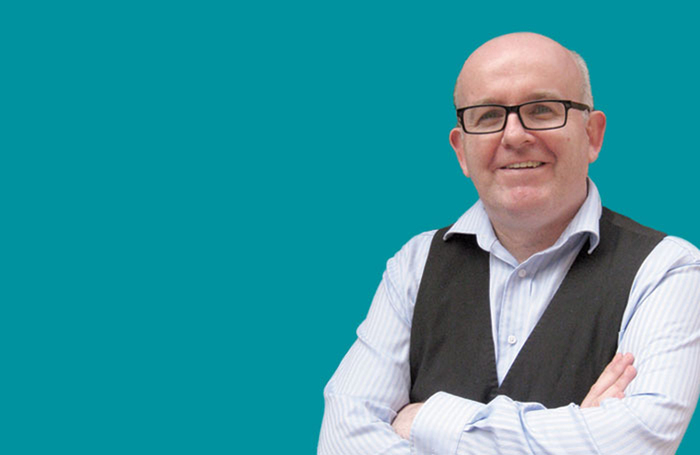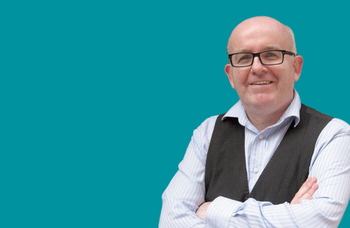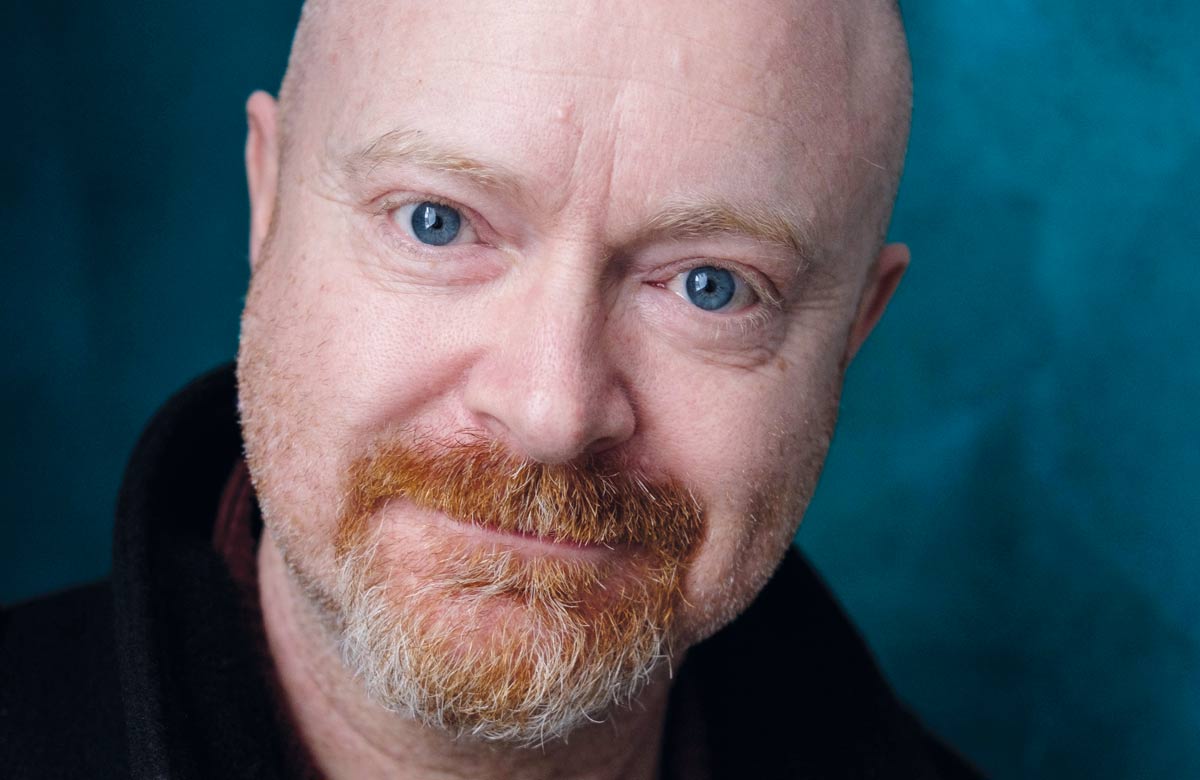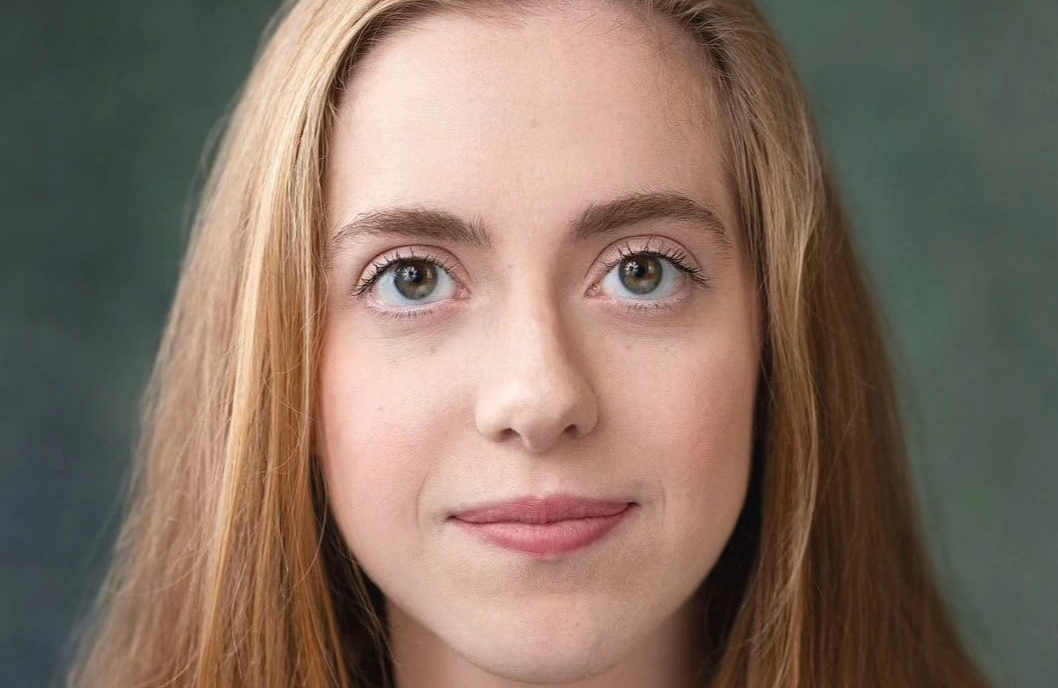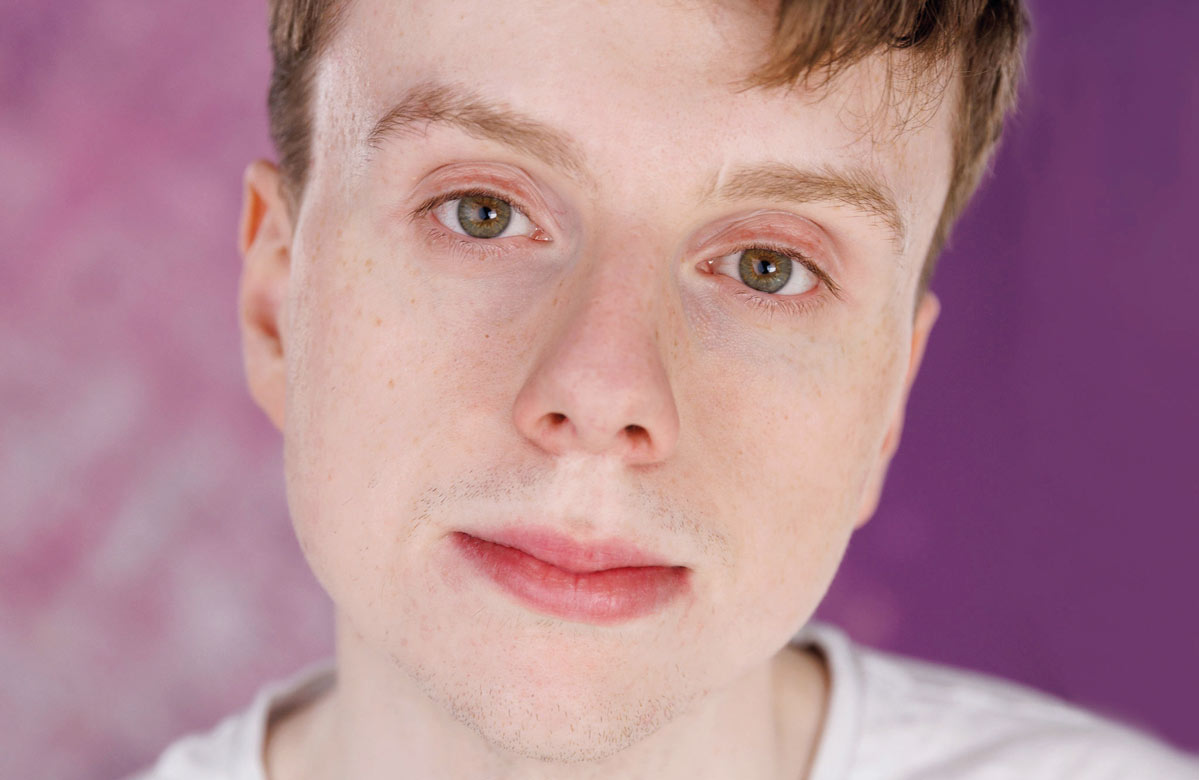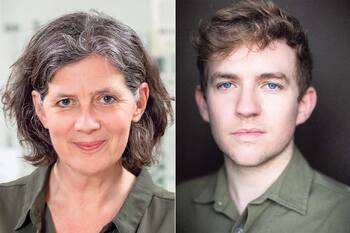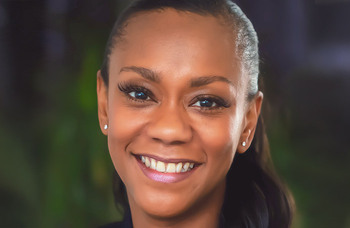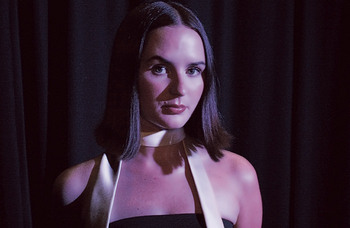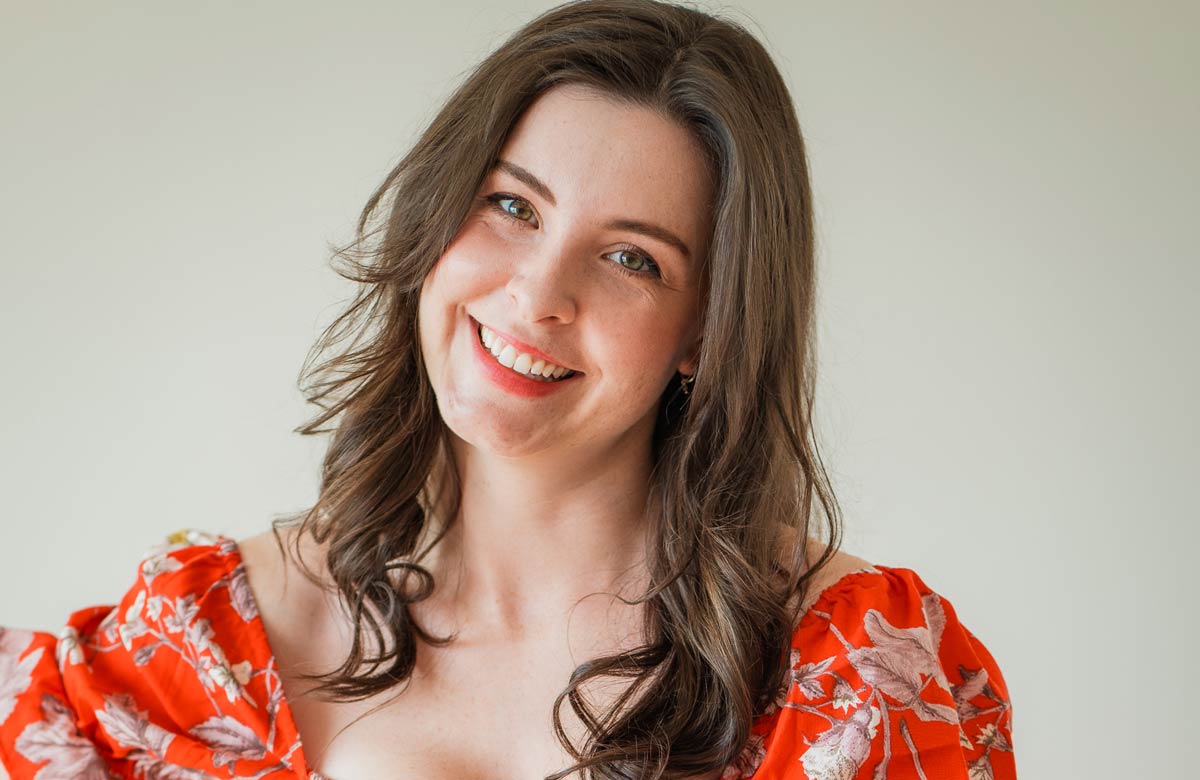Careers Clinic: Is training at a conservatoire a must?
The Stage’s resident careers adviser John Byrne talks to acting graduates who chose to take a non-conservatoire training route…
What career challenges might I face if I train somewhere else?
Some people say it doesn’t matter where you train. From looking at the differing resources, contact hours and connections some schools seem to have, I’m not sure that is true. If I don’t train at a conservatoire, are there any particular career challenges I should be aware of and what can I do to mitigate them ahead of time?
There is never going to be one set route into an acting career and, whether the path you choose is via a conservatoire, a non-conservatoire course or learning on the job, it makes sense to extract all the value whatever training journey you are on has to offer.
It is also wise to prepare for any hurdles that might be ahead once you finish. I discussed this with Andrew Lennon, a Welsh actor who trained at Bretton Hall College, graduating with a BA (hons) in acting. He has worked for companies such as National Theatre Wales, Sherman Theatre, Fio, Unicorn Theatre, Fluellen Theatre and Grand Ambition, and is currently appearing in BBC’s Mammoth and the feature film Protein. While starting at a non-conservatoire has certainly not held him back, he feels the ladder that graduates have to climb can be lengthier, not least at the start of their careers.
“Conservatoire training puts you in front of more agents, directors, producers and writers as a part of third-year showcases,” he says. “If you take another route – for example, university courses – you are likely to find yourself having to tease these doors open yourself. It’s important you ask questions, and the top of that list should be: will the course properly prepare you for the kind of work you want to do?”
Following on from Andrew’s point, if the course I was doing had less direct contact or clout with the industry professionals I was hoping to work for in the future, I would make it part of my own extracurricular business to do my own research on directors, companies and casting professionals and make sure that whether they first came in contact with me via a showcase, a casting submission or a speculative letter, I had something concrete to interest them regardless of the training route I was coming from.
Continues...
What support can I expect to receive on a non-conservatoire course?
I’m excited to be starting my drama training soon, but with a few older family members already in the business, I know that what happens at the other end of my three years will be just as important. As my relations constantly remind me, the landscape now is very different from when they started out in the 1970s and 1980s, so I was wondering what support I might expect for students like me in non-conservatoire courses in terms of career guidance and auditions?
Speaking as a career adviser, I may be biased, but the experience of the many actors I have worked with over the years bears me out when I say that creating a good professional foundation is just as essential to an actor’s development as the artistic training they receive. Along with other industry professionals, I’m delighted that invitations to give career-focused workshops to students are now coming at regular junctures during their training rather than as an afterthought in the final term, which was sometimes the case in the not-too-distant past. I asked Kate Maryon, who has recently completed her BA (hons) degree in acting at the Arts University Bournemouth, about what this aspect of her course looked like in practice.
“The first two years of the course focused on acting theory and technique, voice and singing,” she says. “In the third year, we auditioned for parts in productions that were performed to the public, mainly at the Palace Court Theatre in Bournemouth. The shows were directed by resident staff and experienced external directors. Throughout this process students were given practical advice about the industry. Additionally, time was devoted specifically to talks and workshops conducted by professionals in the industry on audition technique, obtaining and auditioning for an agent and building a career in the industry. We had guidance on producing show reels, voice reels and a profile for Spotlight.”
I would hope that a similar level of input to the one Kate describes would be a feature of any course you are looking at and would definitely encourage you to ask questions about this when you are considering your final choices.
Continues...
Are there benefits to training beyond the London drama schools?
I am based in the south, but am applying for drama courses around the country. There is a lot of competition for the conservatoires, especially in London, and a lot more non-conservatoire options elsewhere. Should I focus on courses in or near to the capital or are there advantages to training further afield?
A ‘have talent, will travel’ philosophy is a useful asset for any creative to adopt. Whatever our own particular ‘bubble’ location-wise or performing discipline-wise, being adaptable and able to think outside the box are essential tools for the 21st-century actor.
Philip Moore is an actor and writer who graduated from a performance degree at the University of the West of Scotland in 2023 and has since performed in the Wellbeing Insight and Co show He Kept Me Safe at the Edinburgh Festival Fringe and also in Finland. “In Scotland, we only have one conservative, which is the Royal Conservatoire of Scotland in Glasgow – a very tough school to get into,” he says. “I found it very beneficial to attend UWS. I gained lots of opportunities in my two years there. I got to work with and be directed by people such as Dominic Hill and Ben Crystal. In my fourth year, I had a chance to be vice president of a student-run theatre society showcasing new work by performance students or any student who wanted to try drama out. I wrote a play for the society, which was nerve-racking. My piece Stuck was the first show they put on.”
Philip tells me that one of the main lessons he learned on the course was the importance of being able to create your own work in this tough industry. Wherever the course you choose is geographically, if it gives you the tools to do that, it has been well worth the journey.
Opinion
Recommended for you
Advice
Recommended for you
Most Read
Across The Stage this weekYour subscription helps ensure our journalism can continue
Invest in The Stage today with a subscription starting at just £5.99
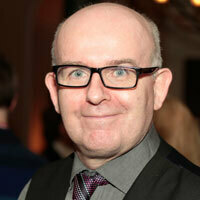 John Byrne
John Byrne